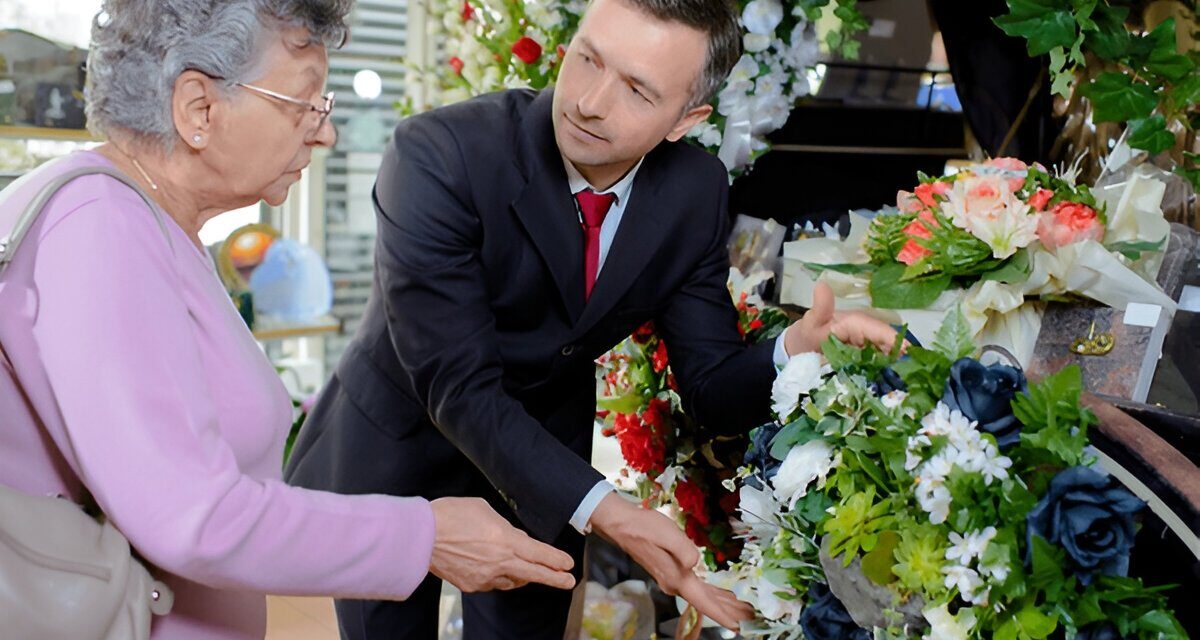Funeral directors organize and oversee the entire process of a funeral, supporting families through one of the most challenging times in life. Their job encompasses the practical and emotional aspects of grieving — from legal document handling to driving the deceased, to coordinating the ceremony itself. Some also offer volunteer advice on what to expect from choices like cremation, burial, religious rites, or non-religious ones.
Behind the scenes, funeral directors communicate closely with registrars, crematoria, cemeteries, and celebrants to arrange the timing, location, and necessary permissions. They also help with arranging death notices, flower orders, preparation of orders of service, and providing ongoing support to families once the funeral has occurred.
Each family is unique, and a fine funeral director will take the time to listen attentively, detail all the options, and make sure that every aspect is treated with respect and care.
Assisting Families in Making Choices
It usually makes people anxious, especially at the beginning when things have to be sorted out in a hurry. Funeral directors cut down this anxiety by explaining to the family what has to be done — from death registration to selecting a coffin or organizing the ceremony.
The majority will schedule a consultation, either at their facility or at the home of the family, to discuss the funeral options. These may include traditional services with hymns and readings, or contemporary, customized celebrations of life. Directors outline the cost involved, assist families in meeting their budget, and ensure no major decisions are made hastily.
They also provide care and transport for the deceased in a manner that is dignified and professional at all times. This also involves preparation for viewing, if desired, and maintenance of personal items.
For those families who have certain religious or cultural traditions, funeral professionals will do their best to include rituals and customs, working with religious officials or communities as necessary. Sensitivity and effective communication are essential in order to make certain that the funeral is exactly as desired by the deceased and their family.
Planning the Ceremony and Final Details
After the burial or cremation decisions have been finalised, the funeral director starts coordinating the practical aspects. This involves reserving the venue, making arrangements for vehicles to take the family, coordinating with officiants, and making sure music, readings, and tributes are all arranged in the right manner.
They usually serve as the primary contact on the day of the funeral itself, ensuring everything goes according to plan and punctually. From guiding the mourners to handling floral arrangements and any printed items, they enable the family to concentrate on bidding farewell without worrying about the details.
Other funeral directors also provide extra services like memorial keepsakes, live streaming for those who cannot be present, or repatriation assistance when death happens outside the country. They can help with ashes pickup, grave markers, or memorial donation information after the ceremony.
Selecting an Appropriate Funeral Director
Choosing a funeral director is an extremely personal process. Some families depend on word of mouth, local reputation, or historical community affiliations. Others might seek out providers who specialize in specific kinds of funerals — religious, green, or alternative.
It’s best to select someone who listens carefully, clearly explains things, and doesn’t push you into making decisions. The majority of professional funeral directors are clear on costs and provide itemised estimates, so families know what they’re paying for and what they might not get at all.
Professionalism, empathy, and experience count. Funeral directors need to be members of known associations like the National Association of Funeral Directors (NAFD) or SAIF, and doing so guarantees they adhere to high standards of care.
During a time of grief, knowing that you have someone you can trust to walk you through the process provides comfort and peace of mind. A committed funeral director Sunderland assists in making sure your loved one’s goodbye is treated with dignity, respect, and care.






